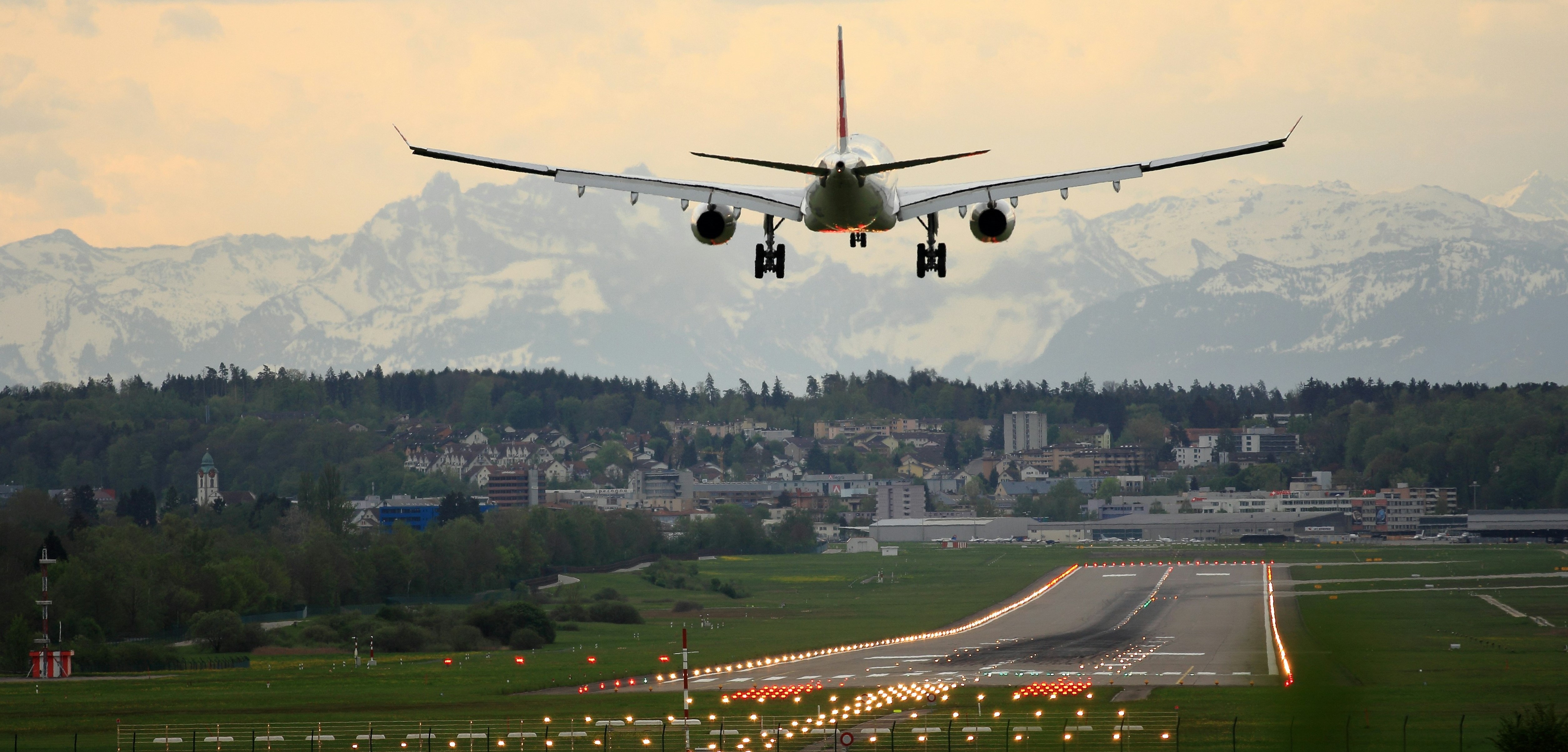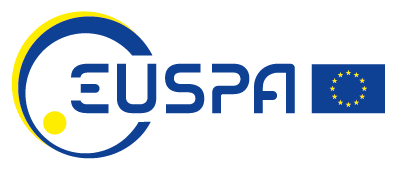





On January 31 st , 2024, the EGNSS Dual-Frequency/Multi-Constellation for GBAS Based Operations (EDGAR) project kicked-off at ENAIRE HQs in Madrid.
The Project, partially funded by EUSPA (European Union Agency for the Space Programme) under the Horizon Europe programme of the EU, aims at contributing towards the development of an improved, more reliable, and accurate GBAS solution that responds, on the one hand, to the increasing demand for enhanced approach and all-weather operations in the ever-growing volume of air operations; and on the other hand, to sustainability requirements towards the compliance with EU Green Deal objectives.
Being GBAS an enabler of enhanced approach and optimised descent operations permits the reduction of noise footprints, fuel consumption and emissions, thus contributing to greener flights.
Moreover, this project pursues to contribute to the goal of an early Dual-Frequency Multi-Constellation, or DFMC, GBAS solution that might support more stringent operations and increased robustness, thus rendering benefits to the aviation community.
The application of GBAS alongside EGNSS (i.e. EGNOS and/or Galileo) will technically improve the current GBAS system and will have a positive impact on the economy and society.
Hence, the main objectives of EDGAR are:
- to further develop and validate the DFMC GBAS solution so as to modernise and improve air operations, with emphasis on providing safety, availability, and robustness in all situations, including during challenging ionospheric conditions;
- to analyse the distinguishing features of DFMC and Single-Frequency Multi-Constellation (SFMC) GBAS brought by the addition of Galileo;
- and to facilitate CAT II service to GAST C airborne users based on a GAST D (GBAS approach service type based on GPS L1) ground station with EGNSS integration.
The project, led by ENAIRE, the Spanish Air Navigation Services Provider, is composed of experts from a variety of different disciplines and with diverse backgrounds:
- Ground and airborne industry (Indra, Boeing Aerospace Spain and PildoLabs) have the technical and operational backgrounds for development, integration, certification, and rolling out of systems and/or validation tools, as well as for contribution to standardization processes.
- Research, science and academia (DLR, SINTEF, Zurich University of Applied Sciences) carry out fundamental research and development activities regarding monitor development, error modelling, as well as data analysis and simulations, all based on scientific principles.
- Air Navigation Service Providers (ENAIRE, DFS, ENAV) are finally the organizations in charge of operating the navigation infrastructures, developing the appropriate procedures to leverage all the benefits that are technically possible and developed and have to ensure that these technologies are integrated into their airspace and air navigation infrastructures.
By contributing with its results to existing working groups on DFMC at EUROCAE (WG-28 GBAS, WG-62 Galileo), RTCA (SC-159 Navigation Equipment Using the Global Navigation Satellite System) and ICAO level, EDGAR aims to catalyze the advance in the standardisation and ensure progress towards adoption and market uptake of a Dual-Frequency Multi-Constellation GBAS.

